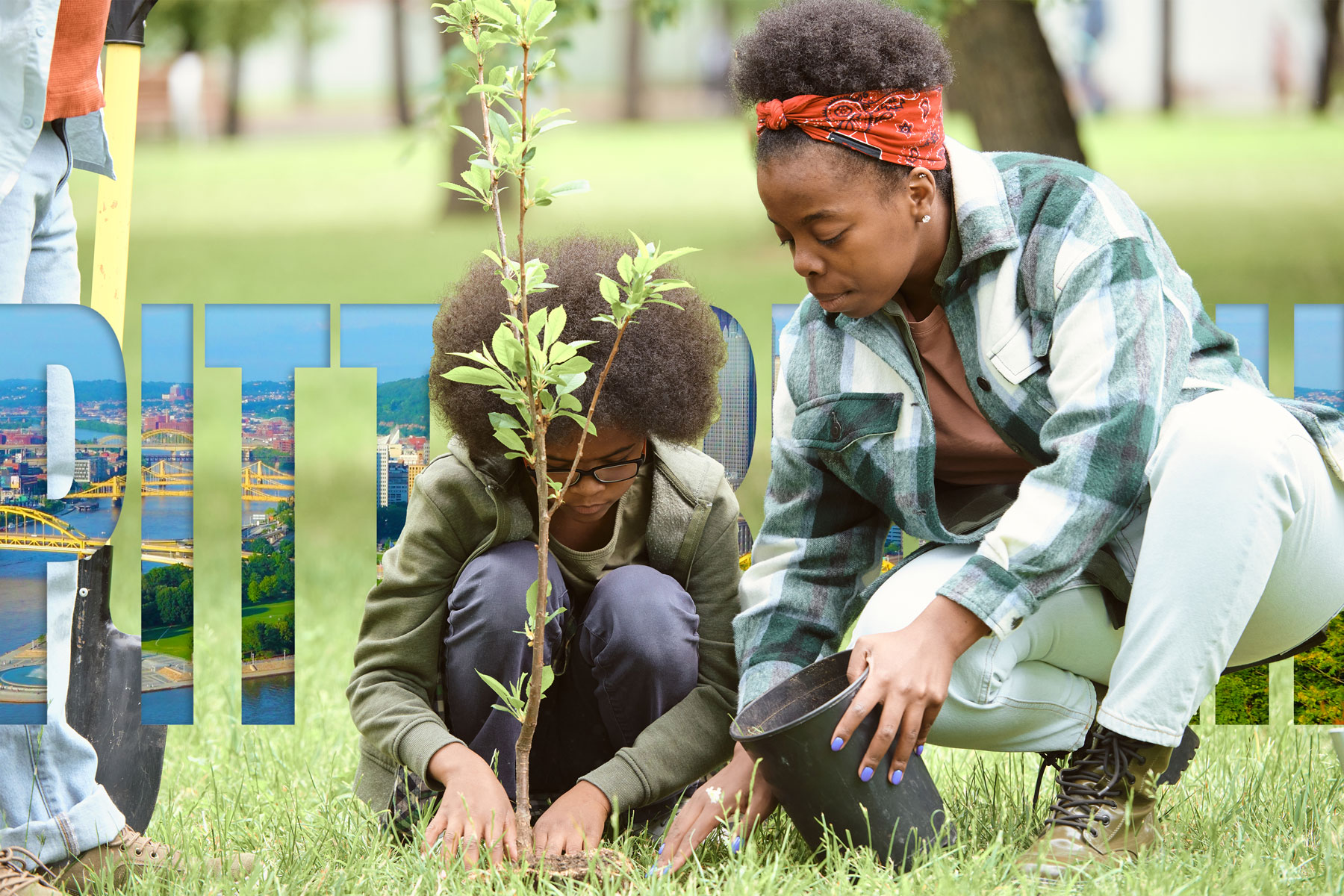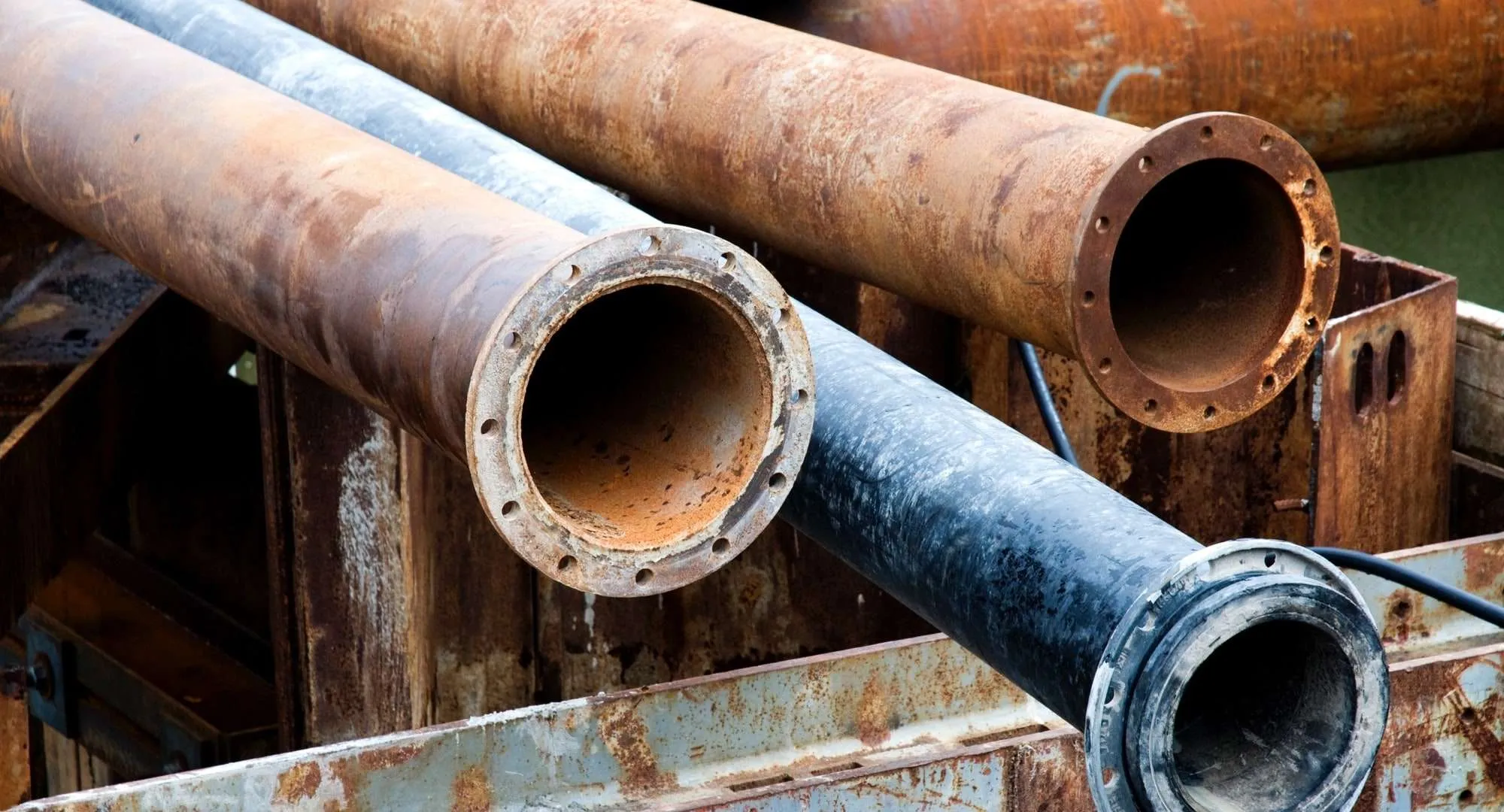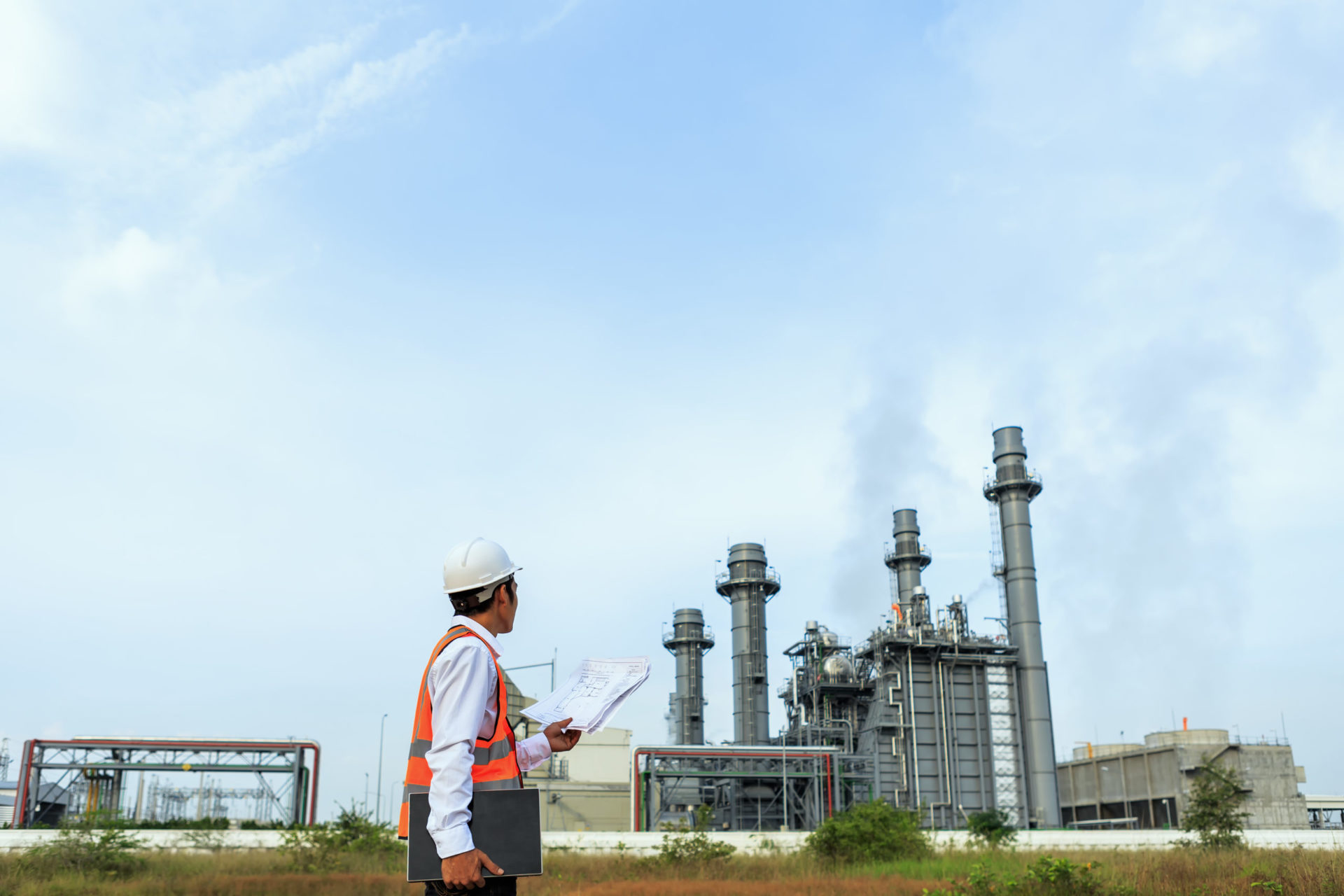Three Key Facts:
-
- Pittsburgh was awarded $9 million in federal grants from the Biden Administration’s Inflation Reduction Act to expand the city’s tree canopy.
- The project is focused on improving air quality, reducing urban heat, and making public spaces more livable.
- The project also includes workforce development, offering job training and long-term roles in tree maintenance for local residents.
-
Pittsburgh’s neighborhoods are getting greener. The Steel City received $9 million in federal grants from Joe Biden’s clean energy plan to expand its tree canopy.
The City of Pittsburgh is receiving $1 million to create shade for urban heat islands in the Homewood, Hill District, and Hazelwood neighborhoods. These communities have faced environmental challenges – especially compared to other parts of the city – due to a lack of tree cover.
The remaining $8 million will go to Tree Pittsburgh and eight partner organizations in the Pittsburgh Canopy Alliance. Allegheny County loses about 2% of its tree canopy every five years. These groups are working to replace and sustain an urban tree canopy along streets, in parks and public greenspaces, and on residential and institutional property.
The grants were awarded through the U.S. Forest Service’s Urban and Community Forestry Assistance Program in support of the local nonprofits’ work to improve air quality, reduce urban heat, and make public spaces more livable.
“In communities that don’t have trees versus the communities that do have trees, that’s about 15 to 18% difference in the temperature,” said U.S. Forest Service Chief Randy Moore during a recent visit.
Living in tree deserts – urban areas without tree coverage – brings serious health risks. Tree deserts not only experience higher temperatures; its residents also have more frequent diagnoses of respiratory illnesses compared to neighborhoods with more lush tree cover.
Danielle Crumrine, executive director of Tree Pittsburgh, emphasized the transformative potential of this grant, saying, “It’s going to be catalytic. … This will enable us to get boots on the ground in neighborhoods where we didn’t have the resources to do so.”
The project also includes workforce development, offering job training and long-term roles in tree maintenance for local residents. By investing in people, the initiative supports economic growth in communities that need it the most. Mayor Ed Gainey explained, “These federally funded grants will make maintaining and creating green spaces for Pittsburgh residents easier.”





